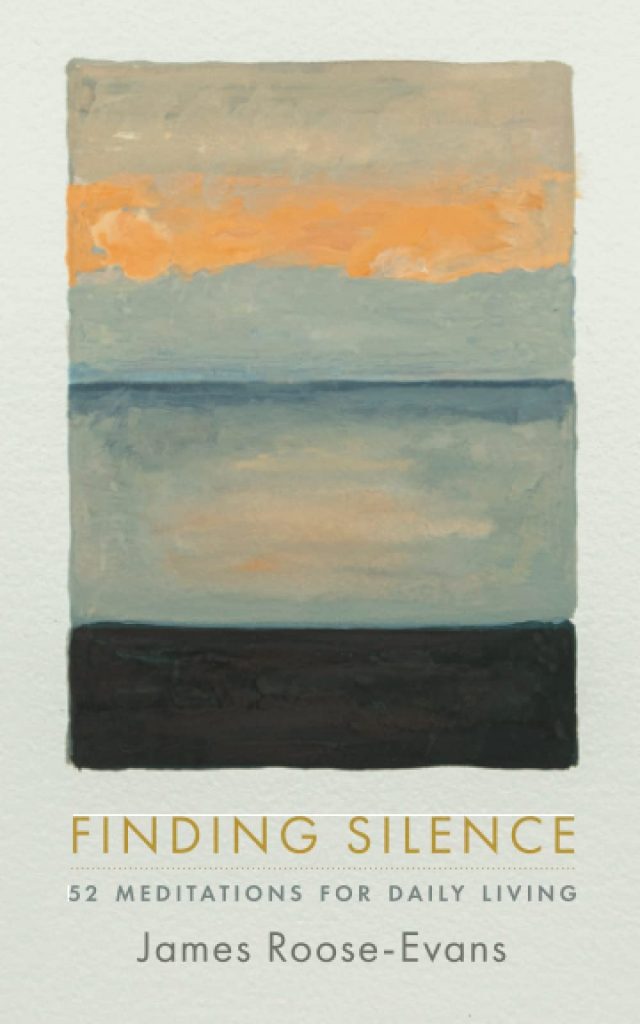Two lines from T.S. Eliot’s The Four Quartets have acted as a lodestar in my life:
A condition of simplicity
(Costing not less than everything)
As we grow older we need to shed so much un-necessary baggage: prejudices, opinions, possessions, endless mental and physical clutter. Ultimately we realise that, in spite of much rich experience, extensive reading, insights en route, in spite of whatever we may have achieved, at the end we know little. The infinite stretches before us in all its vastness and beauty. And each of us must be ready, like Pilgrim, to shed our burdens and travel unencumbered into the richness of whatever lies ahead.
